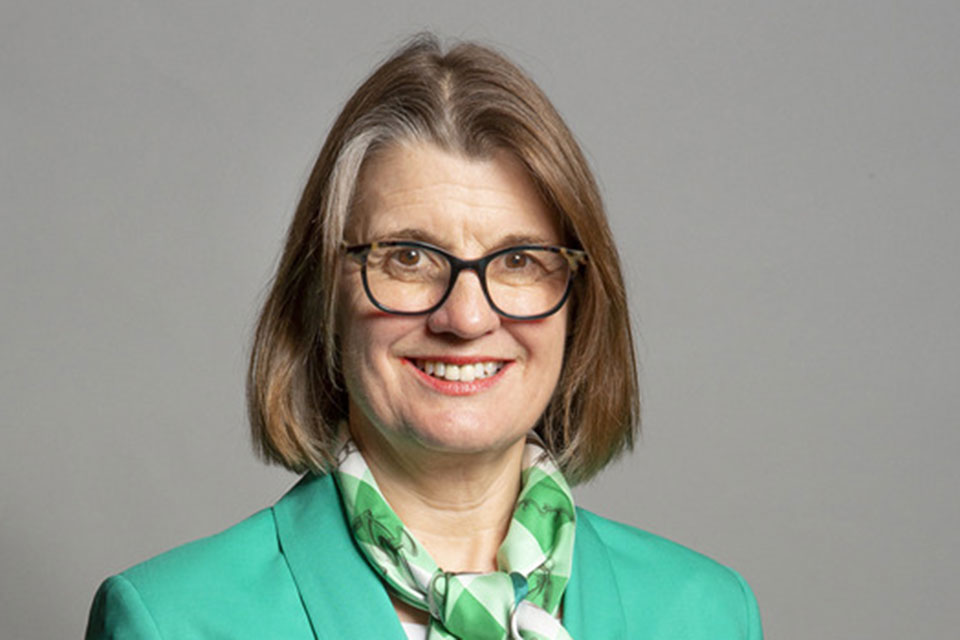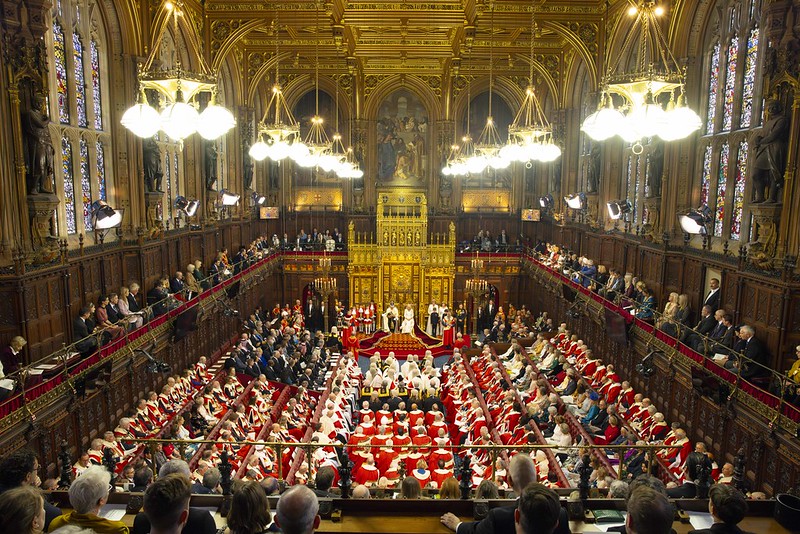Rachael Maclean becomes the sixth Housing Minister in just 12 months

The Government at present seems to be following the same pattern as the old adage describing war: ‘long periods of boredom punctuated by moments of sheer terror’.
Following the December onslaught from the Department for Levelling Up, Housing and Communities, the planning industry had January to get its head around the proposed changes before the first week in February came along with more unrest.
A mini reshuffle saw Lucy Frazer end her tenure as the fifth housing minister since the start of 2022, with Rachel Maclean, ushered in as her replacement. Ms Maclean took up the role exactly 12 months to the day that Chris Pincher left the post, making the new minister number six in a year.
Ms Maclean comes to the job having only entered Parliament in 2017 but has toured the Home Office, Transport and Justice Departments in that short time. At DfT, she led on legislation to mandate EV charging points in all new homes with an associated parking space and has spoken about the need to level up rural transport, including new roads and improved rural bus services, and broadband.
A cynic might say there’s little point in trying to get to know the new minister if 2023 is to follow the same churn of appointees to the role set in 2022. However, it is encouraging to see a minister with a track record of engaging with issues around infrastructure which are crucial to unlocking development.
Unfortunately for Ms Maclean, if she did aspire to use DLUHC’s resources to tackle these problems, she has joined at the wrong time. The Treasury announced that the Department was to be stripped of its ability to sign off capital spending up to £30m, with all spending commitments now having to be green lit directly by HMT.
The decision comes in part due to criticism of the Department’s ability to deliver value for money through its bureaucratic bidding processes. It has recently be revealed that only £243m, or 5%, of the £4.8bn levelling-up fund has been spent, with criticism that the last round of allocations channelled too much cash to areas with low deprivation.
Michael Gove has always had a Teflon quality to him and has carried a reputation as an adept fixer in whichever brief he has found himself in. This change in spending procedure may be an early sign that the shine is wearing off.
Further trouble may be ahead for Mr Gove as Clive Betts MP, the longstanding chair of the DLUHC Select Committee, announced it will be conducting an inquiry into the proposed changes to the NPPF, with a particular focus on whether the dropping of mandatory housing targets will have a detrimental impact on housing delivery. The fact that it is a Labour chair of the committee scrutinising these changes could be another example of the Opposition looking to park its tanks firmly on the traditional Tory lawn of home ownership.
Rishi Sunak will be hoping that the recent turbulence will now be followed by a period of calm. The creation of three new departments gives an indication of what the PM’s priorities for boosting the economy are.
Announcing her new job heading up the new Media, Culture and Sport department on Twitter, Lucy Frazer called her new office “…a critical dept in Whitehall, and the home of some of the most exciting and fastest growing parts of the UK economy”. One might say that she has just left a role in one of, if not the, most important parts of the UK economy but one which is clearly not on the priority list for this Government.






